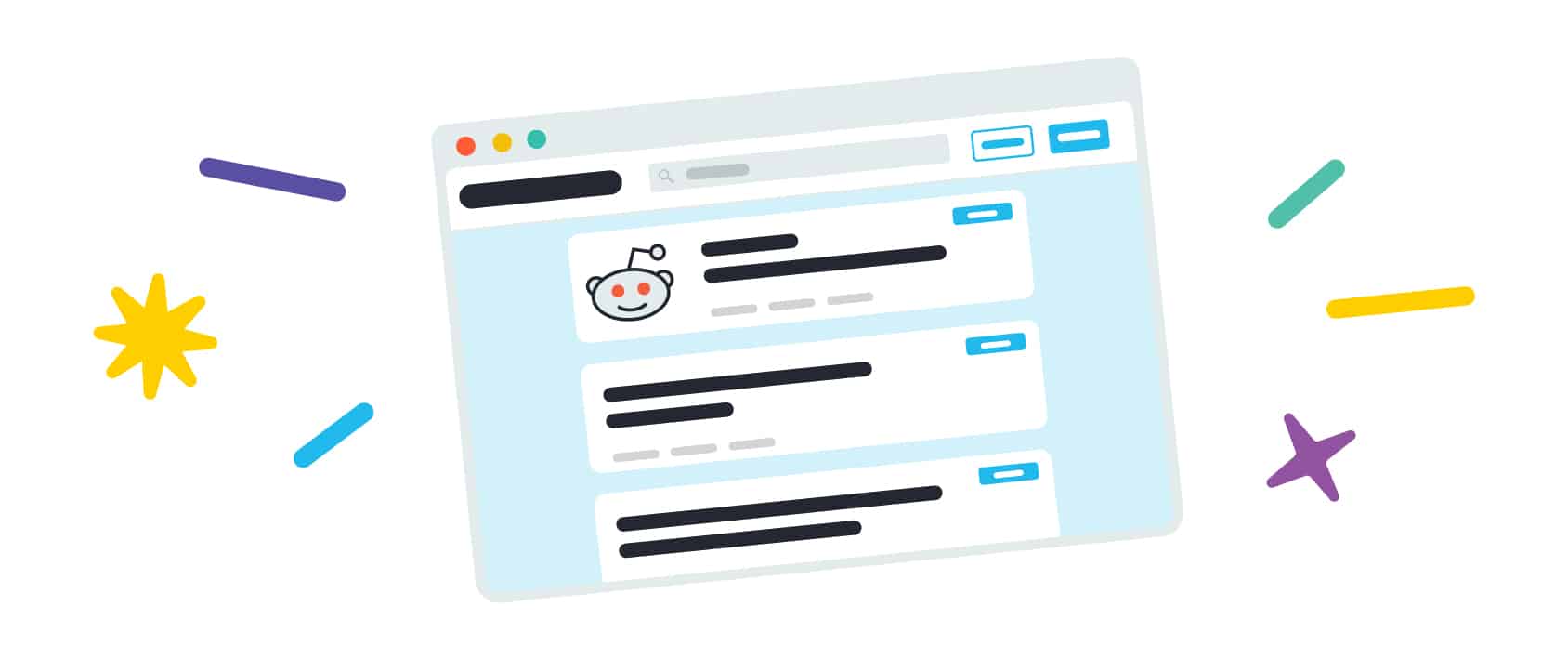# The Ultimate Guide to Backlinks: How to Build High-Quality Links for SEO
Backlinks play a crucial role in search engine optimization (SEO), helping websites gain credibility and improve their rankings. Understanding how to acquire quality backlinks can significantly boost your site’s visibility and organic traffic. However, the process of obtaining backlinks can be challenging, requiring strategic efforts and adherence to ethical SEO practices. In this guide, we’ll explore what backlinks are, why they matter, how they are measured, and the best strategies to build high-quality backlinks.
—
## What Are Backlinks?
A backlink is a hyperlink from one website to another. For example, if a blog post on “A Better Lemonade Stand” includes a link to Shopify, that link serves as a backlink for Shopify.
Backlinks are different from internal links, which connect pages within the same website. The goal of SEO is to obtain high-quality backlinks from reputable sources, as these links signal to search engines that your site is valuable and authoritative.
—
## Why Are Backlinks Important?
Search engines view backlinks as endorsements from one website to another. When a reputable site links to yours, it indicates that your content is trustworthy and relevant. This can lead to:
– **Higher search rankings:** Websites with strong backlink profiles tend to rank higher in search results.
– **Improved domain authority:** Backlinks from authoritative sites enhance your website’s credibility.
– **Faster indexing:** Search engines discover new content more quickly when it is linked from other indexed pages.
– **Referral traffic:** Visitors from other websites can click on backlinks and land on your site, increasing traffic and engagement.
However, backlinks must come from relevant and authoritative sources to be effective. A link from a well-known site like CNN carries more weight than one from a newly created personal blog.
—
## How Are Backlinks Measured?
Not all backlinks are equal. Search engines evaluate backlinks based on several factors:
### 1. **Domain and Page Authority**
Websites have different levels of authority, based on their age, trustworthiness, and backlink profile. A link from a high-authority domain (e.g., Forbes.com) is more valuable than one from a low-authority site.
### 2. **Dofollow vs. Nofollow Links**
– **Dofollow links** pass SEO value (also known as “link juice”) to the linked site.
– **Nofollow links** do not pass SEO value and are often used for sponsored content or unverified sources.
Most links are dofollow by default unless specified otherwise.
### 3. **Link Placement**
Links within the main content of a webpage carry more weight than those in the footer or sidebar.
### 4. **Anchor Text**
Anchor text (the clickable words in a hyperlink) helps search engines understand the topic of the linked page. Using relevant keywords in anchor text can improve rankings.
### 5. **Link Relevancy**
Backlinks from websites within the same niche are more valuable. For example, a fitness blog linking to a nutrition website is more relevant than a car dealership linking to a fashion store.
### 6. **Link Quality vs. Quantity**
A few high-quality backlinks from authoritative sites are better than many low-quality links from spammy sources.
—
## Low-Quality Links and Spam Risks
Acquiring links from low-quality or spammy websites can harm your SEO. Search engines may penalize sites that engage in manipulative link-building tactics, such as buying links or participating in link farms. Instead, focus on earning organic, high-quality backlinks from reputable sources.
—
## How to Get Backlinks: 20 Proven Strategies
Now that you understand the importance of backlinks, let’s explore the best methods to acquire them.
### 1. **Leverage Reddit for Social Proof**
Engage with relevant subreddits by providing valuable insights. Once your post gains traction, edit it to include a backlink to your content. If it receives enough upvotes, the link may become dofollow.
### 2. **Create High-Quality Content**
Publishing engaging, informative, and unique content encourages other websites to link to you naturally.
### 3. **Develop Linkbait Content**
Create content that naturally attracts backlinks, such as industry statistics, studies, or infographics.
### 4. **Request Links from Manufacturers or Suppliers**
If you sell products from a manufacturer, ask them to list your website as an authorized retailer.
### 5. **Interview Industry Experts**
Conduct interviews with influencers and thought leaders in your niche. They may share the content and link back to your site.
### 6. **Republish Old Content**
Syndicate your best-performing content on platforms like Medium or LinkedIn to reach a broader audience while earning backlinks.
### 7. **Use HARO (Help a Reporter Out)**
Sign up for HARO to provide expert quotes to journalists in exchange for backlinks from high-authority media sites.
### 8.







